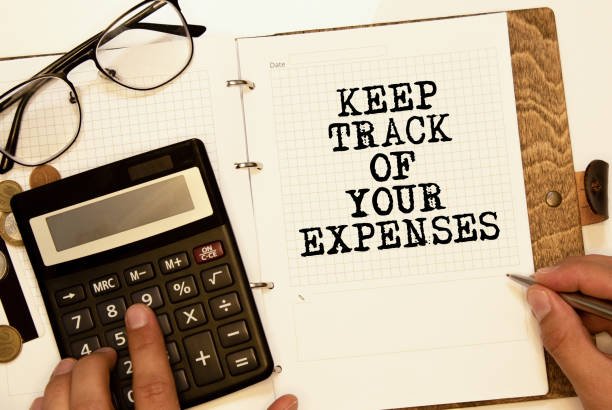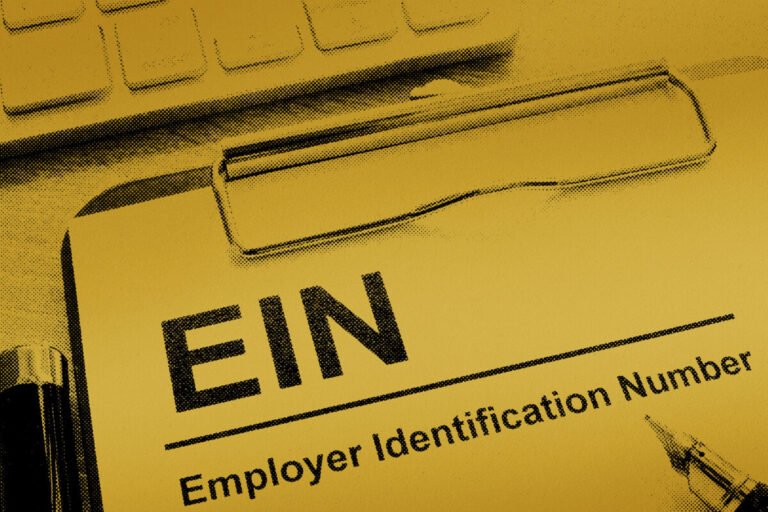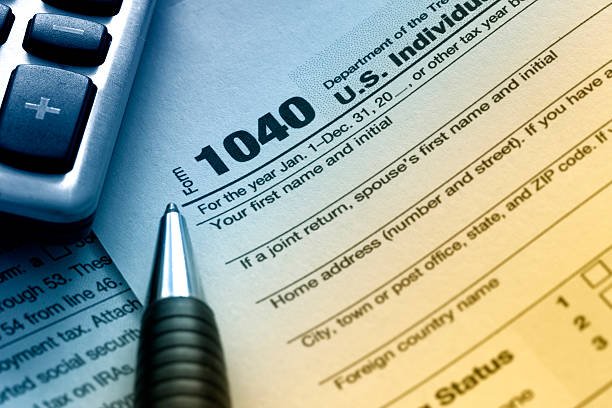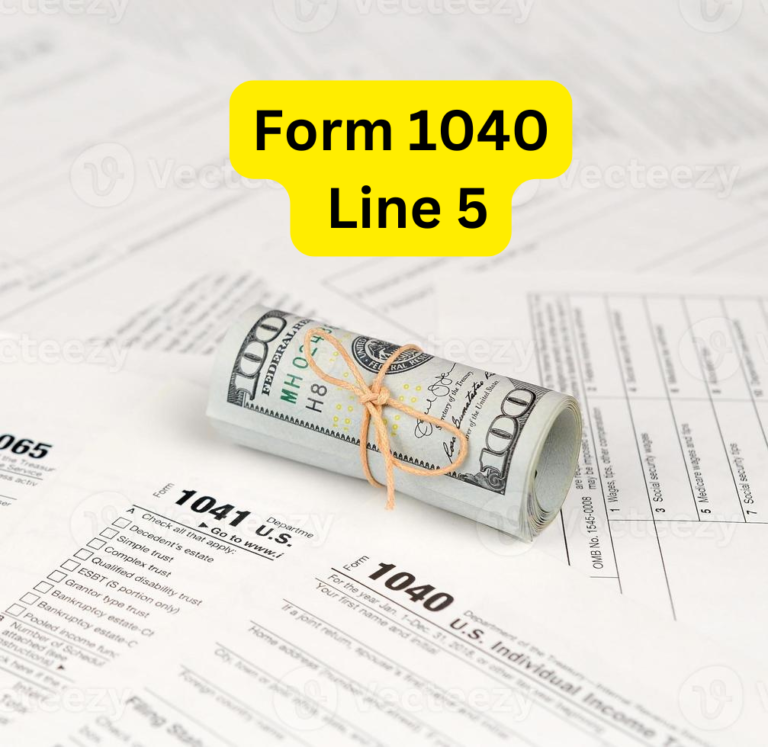Who Do I Give 1099 To

Who Do I Give 1099 To?
A Complete Guide for 2025
As a business owner or freelancer preparing for tax season, one of the most common questions you may face is: who do I give 1099 to? The IRS mandates the use of Form 1099 to report certain types of payments, but determining exactly who qualifies to receive this form can sometimes be tricky. In this article, we will break down the rules and provide clarity on who should receive a 1099 in 2025, ensuring you stay compliant with tax regulations.
What Is Form 1099?
Form 1099 is used to report income that is not part of an employee’s wages, salaries, or tips. This form is typically issued by businesses to independent contractors, freelancers, or vendors who meet specific criteria. Understanding who do I give 1099 to is an essential step in proper tax reporting, helping you avoid penalties and streamline your tax preparation process.
Who Needs to Receive a 1099?
Let’s explore the categories of individuals and entities that generally qualify for a Form 1099:
1.Independent Contractors
If your business has paid an independent contractor $600 or more in a calendar year for services, you are required to issue them a 1099-NEC. Examples of independent contractors include:
- Electricians
- Plumbers
- Software developers
2.Freelancers
Payments made to freelancers, such as graphic designers, writers, or virtual assistants, must also be reported on a 1099-NEC if they meet the $600 threshold.
3.Unincorporated Businesses
Sole proprietors and partnerships are eligible for a 1099 when they receive $600 or more in payments. Corporations are generally excluded from this requirement unless the payments are for legal or medical services.
4.Rent Payments
If your business pays rent of $600 or more to an individual or entity, you’re required to issue a 1099-MISC. This applies to office space, equipment rentals, or storage facilities, unless the landlord is a corporation.
5.Attorneys and Legal Services
The IRS has special rules for legal services. Any payments of $600 or more to attorneys, even if they operate as corporations, must be reported on a 1099-NEC or 1099-MISC.
6.Royalties
If your business pays $10 or more in royalties, you must issue a 1099-MISC to the recipient.
Who Does Not Need a 1099?
While knowing who do I give 1099 to is essential, it’s equally important to understand the exclusions. You do not need to issue a 1099 for:
- Payments to Corporations: Most corporations are exempt, except for legal and medical services.
- Employee Wages: These are reported on a W-2, not a 1099.
- Goods or Merchandise: Payments for products are not reportable on a 1099.
- Personal Payments: Transactions unrelated to business activities are excluded.
How to Determine if a Vendor Needs a 1099
Follow these steps to confirm if a vendor or contractor qualifies for a 1099:
Step 1: Collect Form W-9
Request a completed Form W-9 from every vendor or contractor. This form provides their tax classification, legal name, and taxpayer identification number (TIN). It’s the first step in determining who needs a 1099.
Step 2: Review Payment Types
Ensure the payments were made for services, not goods. Only service payments typically trigger the need for a 1099.
Step 3: Check Payment Amounts
If total payments to the vendor or contractor reach $600 or more during the year, they’ll usually require a 1099.
What Happens If You Don’t Issue a 1099?
Failing to issue a required 1099 can result in penalties from the IRS. Here’s what you need to know:
- Late Filing Penalties: The penalty for failing to file ranges from $50 to $290 per form, depending on how late you file.
- Intentional Disregard: If you deliberately ignore the requirement to file, the penalty could exceed $500 per form.
Issuing the correct forms on time protects your business from these costly consequences.
Filing a 1099: A Step-by-Step Guide
Here’s how to file a 1099 correctly:
1.Gather Information: Use the W-9 forms collected from contractors to obtain their TIN and legal business name.
2.Prepare the Form: Fill out the appropriate 1099 form using IRS-approved software or a trusted tax preparer.
3.File with the IRS: Submit the forms electronically or by mail. The filing deadline for 1099-NEC is January 31.
4.Send Copies to Recipients: Provide copies of the 1099 forms to contractors and vendors by January 31.
Tips for Staying Compliant
- Keep detailed records of payments made to vendors and contractors throughout the year.
- Use accounting software to track expenses and identify who qualifies for a 1099.
- Consult a tax professional if you’re unsure about specific cases.
Final Thoughts
Knowing who do I give 1099 to is a critical part of running a compliant business. By understanding the rules and taking proactive steps to gather necessary information, you can ensure accurate reporting and avoid costly penalties. Whether you’re working with independent contractors, freelancers, or attorneys, staying informed will simplify your tax season and keep your business on track.





